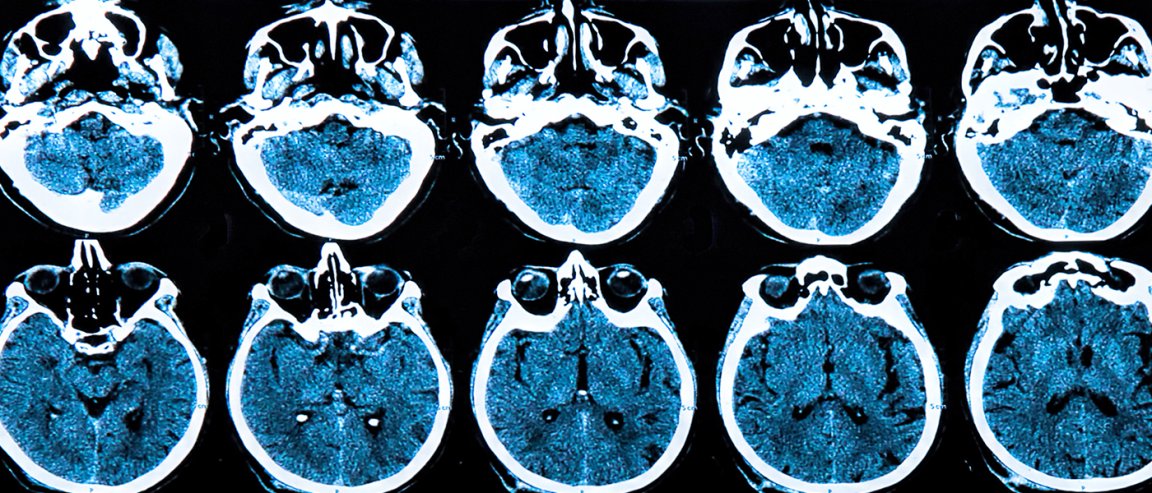
On to the Next Level
A drug that has already been approved to treat leukemia is now closer to being approved for use against the debilitating brain diseases, parkinson’s and alzheimer’s. There are more than 5 million people currently living with Alzheimer’s disease in the US and another million living with parkinson’s. This drug has the potential to change the lives of not just these millions of sufferers, but also their countless friends and family who suffer along with them.
Currently, there are no approved drugs to slow or halt the progression of the diseases. These patients typically take medications and treatments to address the specific symptoms of their disease, which have their own deleterious side-effects. However, in a previous study, the drug known as nilotinib, “significantly increased brain dopamine (the chemical lost as a result of neuronal destruction) and reduced toxic proteins linked to disease progression.”
“It was such a small trial, there was no placebo control and it really wasn’t designed to assess efficacy,” says J. Paul Taylor, chair of the cell and molecular biology department at St. Jude Children’s Research Hospital. But, researchers are remaining prudent. To further test and prove the efficacy of this drug, twin trials will be conducted at Georgetown.
“This is going to help us identify what might have been a placebo effect and what is truly the effect of the medication,” says Fernando Pagan, medical director of the translational neurotherapeutics program at Georgetown.

Fueling Optimism
Years of research studying these neurodegenerative diseases has allowed for new treatments like this to be developed. A better understanding of how these diseases work and how they impact the brains of sufferers is leading to better potential treatments.
Trials will be conducted for a year. According to the press release, “The clinical trial is a phase II, randomized, double-blind, placebo-controlled study designed to evaluate the safety and tolerability of low doses of nilotinib, the efficacy on disease biomarkers, and clinical outcomes in people with mid-stage Parkinson’s disease.” The other trial will evaluate the same for alzheimer’s.
NPR spoke with Jonathan Lessin, a retired anesthesiologist who is living with parkinson’s. He expressed great excitement for the potential of this drug. “I’m very optimistic,” he says. “I’ve seen it cure Parkinson’s in mice. I’ve seen people who can talk again, walk again, which is very encouraging.”
Taylor says, “If the results of this trial don’t turn out to be as exciting as the very tiny trial suggested, I would not get too pessimistic because there are other developments that are in the wings.”
It would be fantastic if these trials prove the efficacy and safety of this treatment. However, even if this drug turns out to be a dud, there is still plenty to hope for and work towards.